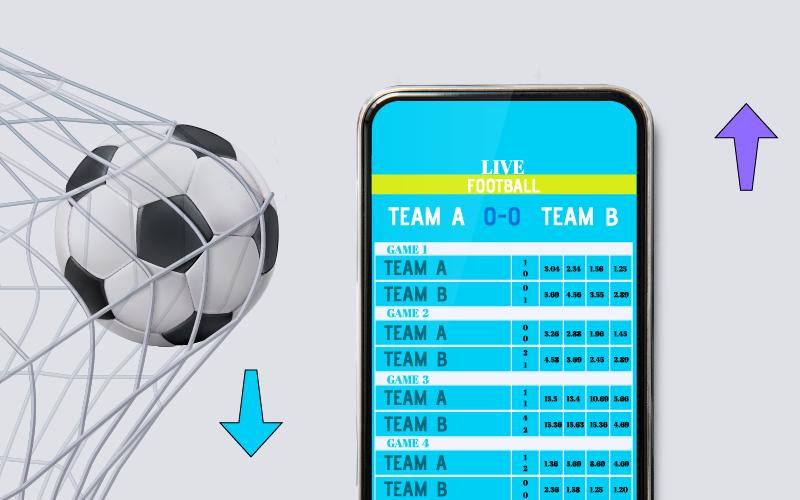Bookmakers play a crucial role in the betting industry, acting as intermediaries between bettors and the events they bet on. This article explores the functions of bookmakers and the various types available, highlighting their impact on the betting experience.
1. What Do Bookmakers Do?
Bookmakers set odds, accept bets, and pay out winnings. They provide a platform for bettors to engage in various betting activities. By analyzing statistics and trends, they establish betting lines that ensure profitability while offering competitive odds to attract customers.
2. Types of Bookmakers
- Online Bookmakers: Operate through websites and apps, providing convenience and a wide range of options. The accessibility of online betting has changed the landscape of gambling.
- Land-Based Bookmakers: Traditional shops where bettors can place wagers in person. These establishments often provide a social environment for those who enjoy the thrill of sports betting.
- Betting Exchanges: Allow players to bet against each other instead of a bookmaker, often leading to better odds since the market is driven by players rather than the house.
3. How Bookmakers Set Odds
Odds are determined by analyzing statistical data, market trends, and expert opinions. Bookmakers aim to balance their books to minimize risk while ensuring they have enough action on both sides of a bet.
4. Understanding Juice
Juice (or vig) is the commission charged by bookmakers on bets. It affects payouts and understanding this can help bettors evaluate the profitability of bets. Knowing how to read the odds and calculate totals after juice can significantly enhance your betting strategy.
Conclusion
Bookmakers are integral to the betting community, providing necessary services for bettors. Understanding their role and operations enhances bettors’ knowledge and decision-making skills, contributing to a more informed betting experience.





